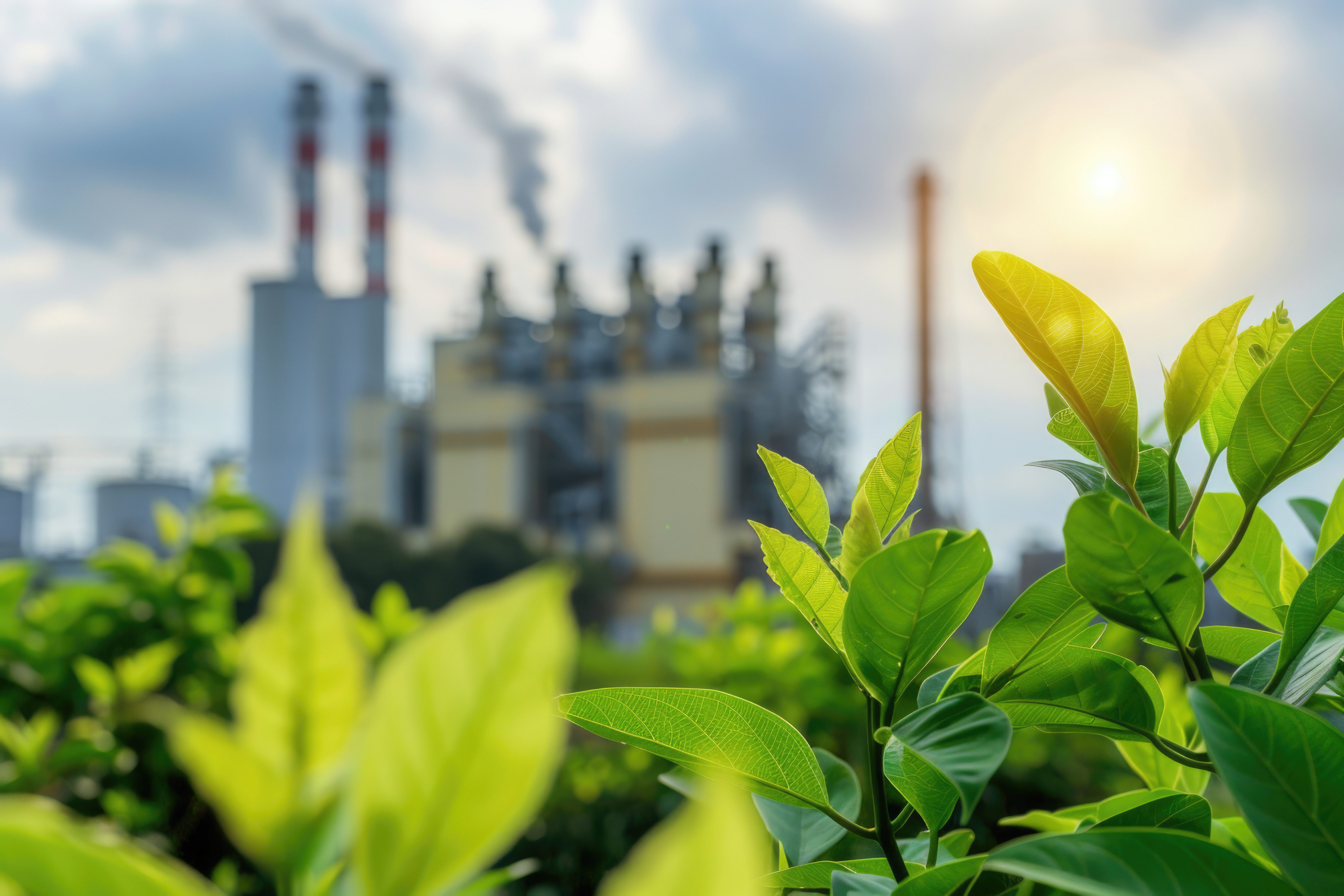Halal certification is not just a label but a comprehensive process requiring thorough preparation. For those planning to initiate the halal certification process for cosmetics or pharmaceuticals, this article serves as a complete guide. It covers everything from selecting the right certification body to meeting the necessary requirements.
Why is Halal Certification Important?
In many countries, including Indonesia, halal certification is increasingly crucial, especially for cosmetic and pharmaceutical products targeting Muslim consumers. Halal certification is more than just a label; it demonstrates a company’s commitment to quality and compliance with Islamic law. It reassures Muslim consumers that your products are guaranteed to be halal.
Additionally, halal certification unlocks broader market opportunities, domestically and internationally, as more Muslim consumers actively seek halal-certified products. It also enhances the product’s reputation as a high-quality and trustworthy option, appealing to a wider audience.
Analysis and Certification for Cosmetics, Food, and Traditional Medicines
Analyzing and certifying cosmetics, food, and traditional medicines is vital to ensure product safety, quality, and halal compliance before they enter the market. This process involves various stages of testing and evaluation conducted by competent authorities.
Stages of Analysis and Certification
- Raw Material Analysis
- Identification: Identifying all raw materials used in the product.
- Purity: Testing the purity of raw materials to ensure no contamination.
- Concentration: Verifying the levels of each raw material align with the specified formula.
- Final Product Analysis
- Physical and Chemical Testing: Assessing properties like pH, viscosity, color, and odor.
- Microbiology: Testing for microorganisms to ensure microbiological safety.
- Efficacy Testing: Conducting tests for products with specific claims (e.g., moisturizing, whitening, or acne treatment).
- Stability Testing: Ensuring product stability under various storage conditions.
- Document Evaluation
- Formula: Ensuring the product formula complies with regulatory requirements.
- Labeling: Verifying that product labels are accurate and complete.
- Production Process: Reviewing the production process to confirm adherence to good manufacturing practices.
- Production Facility Inspection
- Inspecting production facilities to ensure cleanliness, sanitation, and equipment adequacy.
- Certification Issuance
- Once all requirements are met, the certifying body issues a certificate confirming the product complies with set standards.
Products Requiring Halal Certification
All cosmetic and pharmaceutical products containing animal- or plant-based ingredients generally require halal certification. Examples include:
- Cosmetics: Face creams, lipsticks, powders, perfumes, soaps, shampoos, and other skincare products.
- Pharmaceuticals: Herbal medicines, vitamins, supplements, and medications with animal-derived ingredients.
BPOM and Halal Certification: Distinct but Interconnected
BPOM (Indonesian Food and Drug Authority) and halal certification are often associated, particularly regarding food products. While both aim to protect consumers, their focus and scope differ.
- BPOM: Ensures product safety and quality for public consumption, focusing on chemical content, microorganisms, and labeling accuracy.
- Halal Certification: Confirms the product adheres to Islamic law, free from prohibited ingredients such as pork, alcohol, or other haram substances.
Relationship Between BPOM and Halal Certification
A product must first obtain BPOM approval before pursuing halal certification. BPOM approval indicates compliance with safety and quality standards, while halal certification assures Muslim consumers of the product’s halal status.
Steps to Obtain Halal Certification
Halal certification officially recognizes that a product or service complies with Islamic law. The process involves several steps and requirements:
Certification Steps
- Registration:
Register online through the Halal Product Assurance System (SIHALAL) managed by BPJPH (Halal Product Assurance Agency). Upload required documents, such as business licenses and product information. - Document Verification:
BPJPH verifies the completeness and accuracy of submitted documents. - Site Inspection:
A Halal Inspection Agency (LPH) conducts an on-site review of the production process for compliance with halal requirements. - Product Testing:
Product samples are tested in a laboratory to confirm the absence of haram substances. - Fatwa Council Review:
Inspection and testing results are presented to a Fatwa Council to determine the product’s halal status. - Certificate Issuance:
If approved, BPJPH issues a halal certificate for the product.
Requirements for Halal Certification
- Raw Materials: Must be halal and sourced from trusted suppliers.
- Production Process: Should be clean, hygienic, and free from cross-contamination with non-halal items.
- Equipment: Production equipment must be clean and separate from that used for non-halal products.
- Documentation: Complete records of raw materials, production processes, and halal assurance systems are required.
Authorized Halal Certifying Bodies
In Indonesia, BPJPH under the Ministry of Religious Affairs is the official halal certifying authority. Before BPJPH, the Indonesian Ulema Council (MUI) played a significant role in issuing halal certificates. While BPJPH now oversees certification, MUI continues to provide religious rulings on halal compliance.
Need Assistance with Halal Certification?
If you want quick and reliable halal certification, SUCOFINDO can help. As an accredited Halal Inspection Agency, SUCOFINDO offers experienced halal auditors and international-standard testing laboratories. Visit our website for more details on halal certification services.






